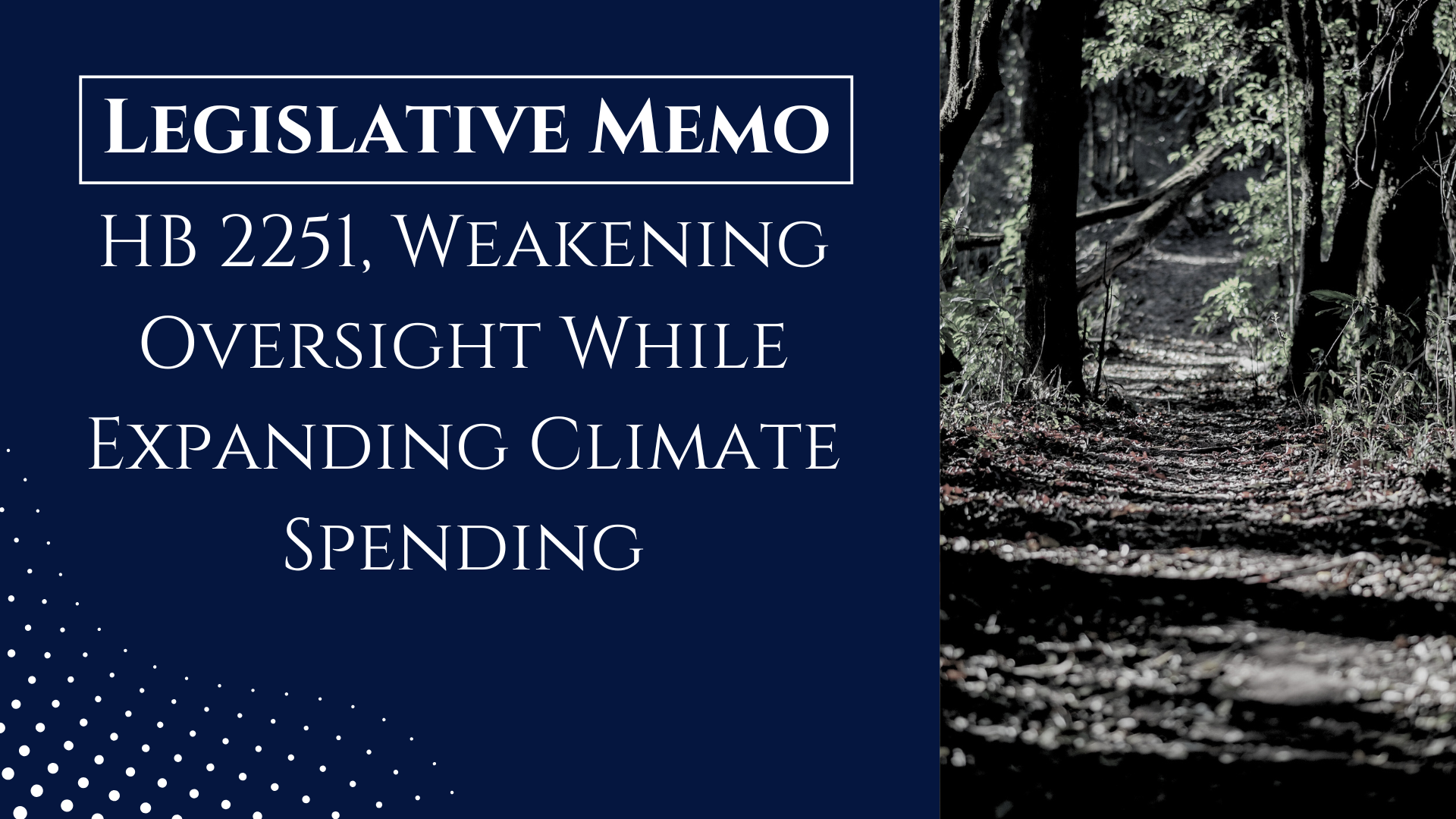When it comes to the cost of imposing a low-carbon fuel standard (LCFS), like the one proposed in HB 1091 in the Washington state legislature, backers present two lines of argument.
Some argue the costs of an LCFS will continue to climb, and with them gas prices, as the restrictions become tighter and require an increase in biofuel supplies.
Others argue imposing an LCFS will not increase prices for consumers. One biofuel lobbyist told the legislature not to worry, the LCFS wouldn’t increase prices. He called the claim that it would “a lie.”
Ironically, both contradictory claims – that an LCFS does not increase prices and that it must increase prices – are made by the same biofuel company: Neste, a Finnish biofuel company with production in Finland, the Netherlands, Bahrain, and Singapore. The difference in the company representatives’ statement is determined by who they are talking to at the time.
Neste’s lobbyist in Washington state, Tim Zenk, is trying to get the LCFS imposed by the legislature. So, he attacks concerns about the cost of the LCFS, in one case tweeting that gasoline is less expensive in California now than when the regulation was put in place on January 1, 2011 – “period and end of story.”
As we noted, his math is wrong and the price of gasoline in California is higher now than when the LCFS was imposed. But there is an even more embarrassing problem with his claim: his own company knows it is false.
2019 CARB Staff report on LCFS price cap |
In 2019, when the California Air Resources Board (CARB) was considering putting a cap on the price of LCFS credits, a Neste lobbyist argued against the cap. In CARB’s report to the board, agency staff argued a price cap would “help prevent deleterious impacts to fuel consumers” in the form of high gas prices. Neste, and other biofuel companies, however, argued CARB “should not impose a maximum price cap for regular LCFS credit transactions,” but should let prices continue to climb in order “to bring sufficient volumes of low carbon alternative fuels to California.”
In other words, Neste argued against a maximum price cap so that prices would naturally increase.
When it was useful to maximize profits by creating an LCFS in Washington state, Neste argued the LCFS would not increase prices.
When it was useful to maximize profits of an existing LCFS in California, Neste opposed price caps to let the price of the LCFS climb without limit.
Neste and lobbyist Tim Zenk serve as a clear example of the duplicitous politics behind LCFS efforts in Washington and California. The math is clear – an LCFS would increase gas prices in Washington state. The only organizations pretending otherwise are companies who would benefit from the mandate. As the CARB report demonstrates, those same companies actually welcome the price hike, but only when they think Washington’s legislators aren’t listening.







